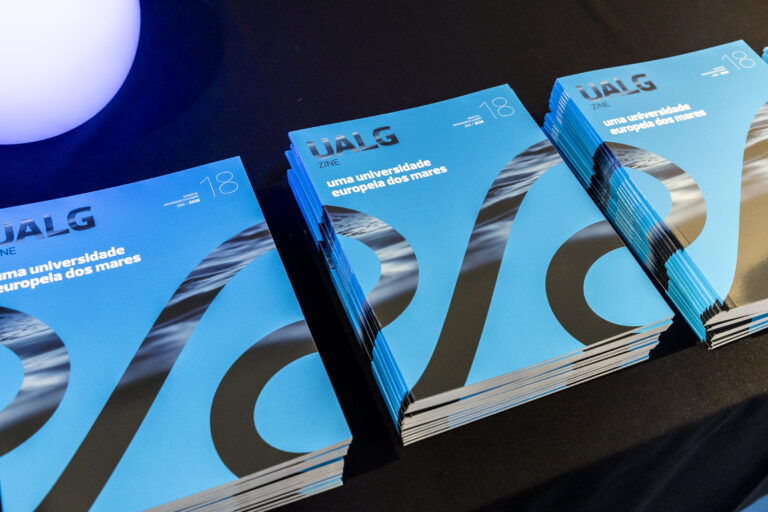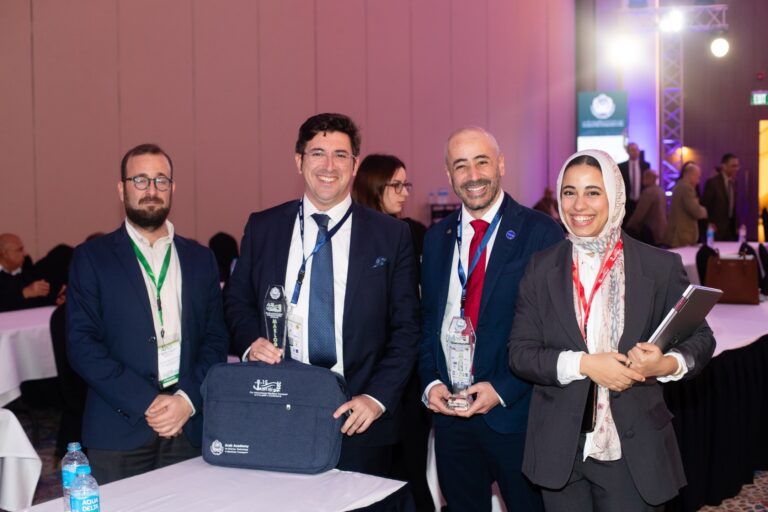On Monday, 10 November 2025, a panel entitled “Processes of Internationalisation of Higher Education Institutions through European University Alliances” was held in Hall A1 at SEECEL, organised by the University of Zagreb as part of the celebration of the University of Zagreb Week.
The event was organised with the aim of exchanging experiences and highlighting the key roles that European university alliances play in developing institutional internationalisation policies and strengthening the position of Croatian universities within the European and global higher education landscape.
The panel was moderated by Prof. Jurica Pavičić, Ph.D., Vice-Rector for International and Inter-Institutional Cooperation at the University of Zagreb, who emphasised that European university alliances are drivers of change in higher education, fostering knowledge exchange, joint programme development, and the enhancement of the European Higher Education Area.
The introductory presentation was delivered by Ms. Loredana Maravić, M.Sc., Head of the Higher Education Development Sector at the Ministry of Science, Education and Youth, who presented current national policies and perspectives on internationalisation in higher education.
Participants in the panel discussion included vice-rectors and representatives of Croatian universities that are part of European university alliances:
-
Prof. Tomislav Josip Mlinarić, Ph.D. (University of Zagreb – UNIC)
-
Prof. Zoran Đogaš, Ph.D. (University of Split – SEA-EU)
-
Prof. Anita Pavić Pintarić, Ph.D. and Prof. Zvjezdan Penezić, Ph.D. (University of Osijek – EU-CONEXUS)
-
Prof. Marta Žuvić, Ph.D. (University of Rijeka – YUFE)
-
Prof. Mato Brautović, Ph.D. (University of Dubrovnik – EUNICoast)
During a dynamic discussion, panelists exchanged experiences regarding the impact of European alliances on institutional policy development, the challenges of implementing joint activities, and examples of good practice that have enhanced the international visibility of Croatian universities.
Particular emphasis was placed on the benefits that alliances bring to students and academic staff through joint programmes, virtual campuses, and networked research initiatives.
A significant part of the discussion was devoted to the contribution of the University of Split, presented by Prof. Zoran Đogaš, Ph.D., Vice-Rector for International Cooperation and Cooperation with the Local Community, and leader of the SEA-EU project. He highlighted the alliance’s contribution to promoting international collaboration and the exchange of best practices among member institutions. Prof. Đogaš also introduced a new innovation – the Mobility Credit Transfer System (MCTS) – which will enable a modern, efficient, and transparent transfer of academic credits. The concept was recognised as an important element for the future of education and the further internationalisation of higher education.
Prof. Filip Sedlić, Ph.D., from the University of Zagreb, presented his experience within the Alliance4Life initiative, after which participants focused on the future of European university alliances and the need to strengthen national support for their sustainability.
In his closing remarks, Prof. Pavičić thanked the participants and the audience, emphasising that Croatian European university alliances have demonstrated the power of joint action, and that their experiences form a strong foundation for further improvement of the quality and international recognition of Croatian higher education.
The event concluded with an informal gathering over coffee and sweet and savoury refreshments, where participants and guests continued networking in a more relaxed atmosphere.



